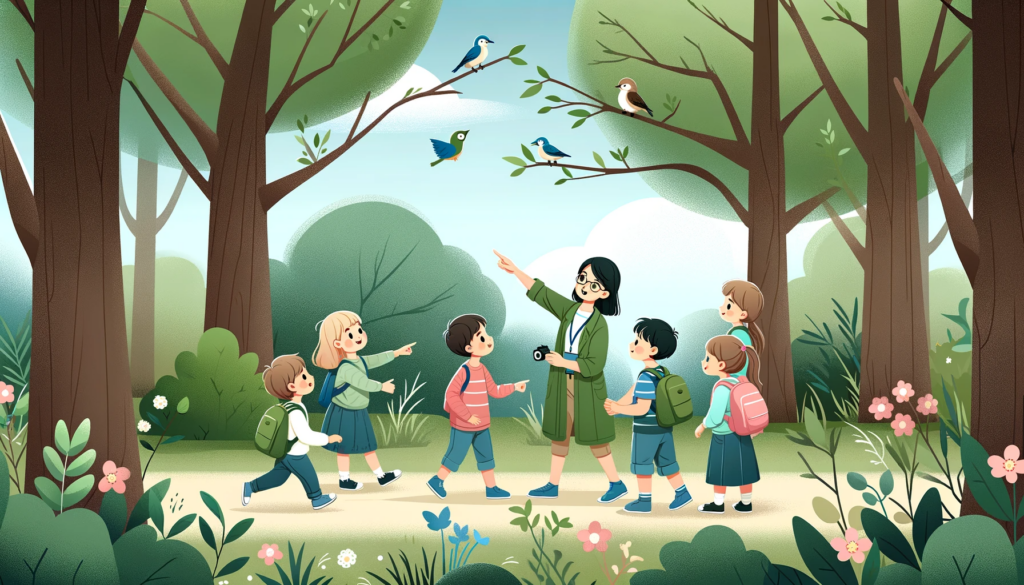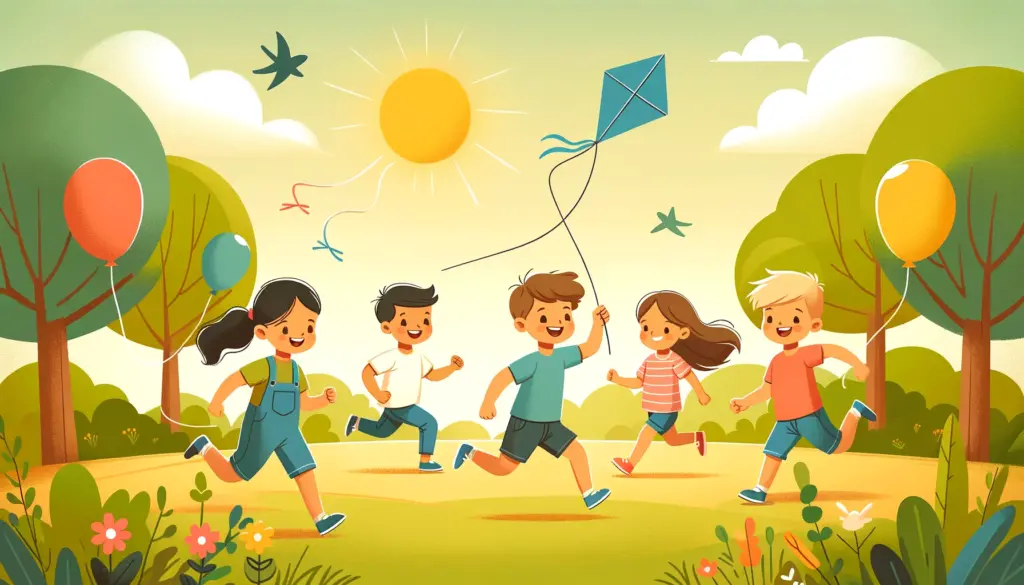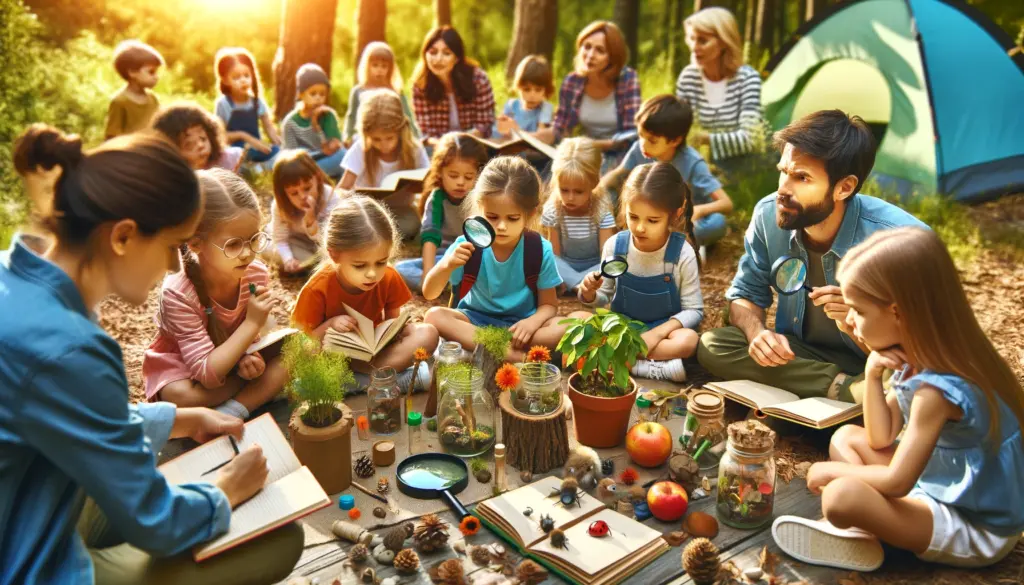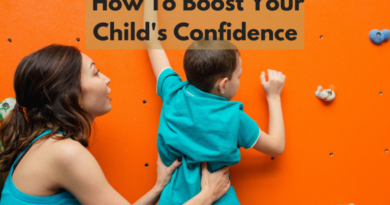Embracing Outdoor Play in Early Childhood for Holistic Development
Introduction: Nurturing Young Minds Through Outdoor Play
As they step outside and their eyes sparkle with the promise of adventure, children remind us of the pure joy found in nature’s playground. The vital role of outdoor play in early childhood education for holistic development goes beyond mere enjoyment—it’s a cornerstone of developmental growth. In our digital age, it’s crucial to champion the importance of outdoor play for holistic child development, ensuring that this key aspect of learning isn’t overshadowed by screen time.
Once common sights of children frolicking in parks are becoming rarer, with statistics revealing a 25% decline in outdoor play over recent years. This shift not only detaches children from vital sensory experiences but also from the natural world—a world that teaches them through every leaf, pebble, and puddle.
Outdoor play stands as a powerful educational platform, painting a child’s world with the broad strokes of physical laws, biological wonders, and chemical reactions. It’s where environmental stewards take root, and life’s symphony underscores each developmental milestone. This blog unveils the rich tapestry of benefits provided by outdoor play, advocating for its essential place in every child’s daily routine.

Social Skills and Teamwork
Building Friendships and Teamwork
The playground, a melting pot of friendships and teamwork, is where life’s social lessons begin. Children learn to negotiate and collaborate through games that require nothing more than open space and imagination.
Communication Through Play
Outdoor settings differ from classrooms, offering a tapestry for rich, varied language development. These experiences allow children to articulate their discoveries, enhancing their communication skills in the process.

Embracing Nature
Cultivating Environmental Awareness
Engaging with the environment is a vital aspect of outdoor play, fostering a deep connection with and understanding of the natural world among children.
Fostering Conservation Efforts
Early interactions with nature can instill a lifelong commitment to conservation, with outdoor play serving as a catalyst for future environmental stewardship.

Health and Wellbeing
The Sunshine Vitamin
Sunlight during outdoor play is a natural source of Vitamin D, essential for healthy growth and immune function in children.
Mental Health Benefits
Natural settings have a calming effect, playing a crucial role in reducing stress and promoting mental wellbeing among young learners.

Educational Impact
Learning in the Great Outdoors
Outdoor play offers a dynamic learning environment, enhancing traditional education by encouraging hands-on experiences that spark curiosity and independence.
The Spark of Creativity
The unstructured nature of outdoor environments is fertile ground for creativity, allowing children the freedom to think innovatively and express their ideas without constraints.

Practical Outdoor Play Strategies
Tips for Educators
Incorporate daily outdoor play into the schedule, and use nature as a teaching tool, ensuring a safe and enriching environment for all children.
Advice for Parents
Engage in outdoor activities with your child, limit screen time, and encourage appreciation and respect for the natural world.
Conclusion
Reflecting on the myriad benefits of outdoor play reinforces its indispensable role in shaping well-rounded, healthy, and curious children. It’s our collective duty to ensure the wonders of nature remain a fundamental part of daily learning and play. Let’s commit to nurturing our youngest citizens by providing ample opportunities for outdoor exploration, for it’s under the vast sky that their potential truly unfolds. Join us in reinvigorating the spirit of outdoor play and watch as children blossom into future innovators, conservationists, and leaders. Chulbul Preschool’s holistic development curriculum Kidoka incorporates the essence of outdoor play in its curriculum. Interested in applying for the best Preschool Franchise Opportunity, reach out to us.
Additional reading :
- American Academy of Pediatrics – Resources on the benefits of play for children’s development: HealthyChildren.org
- National Wildlife Federation – Information on outdoor activities and their importance for children
- Nature Explore – Research and resources on outdoor classroom design and the benefits of nature-based play: NatureExplore.org
- Children & Nature Network – Research and articles on the benefits of nature for children’s health and education: ChildrenAndNature.org




